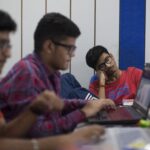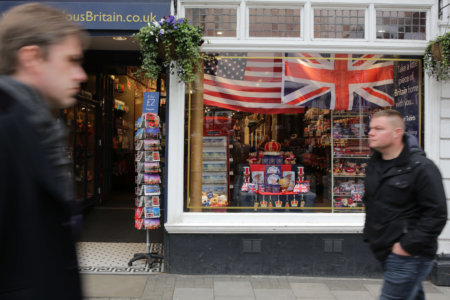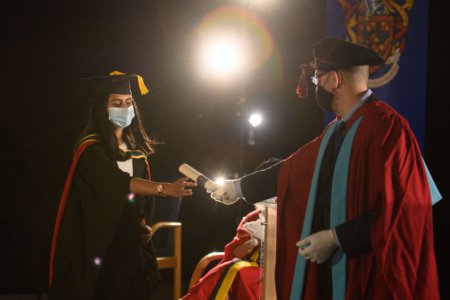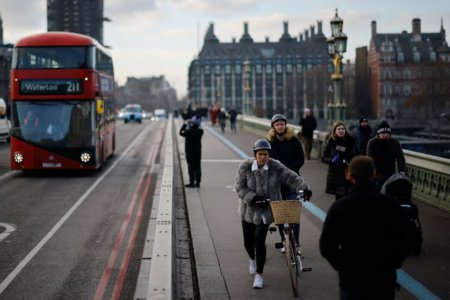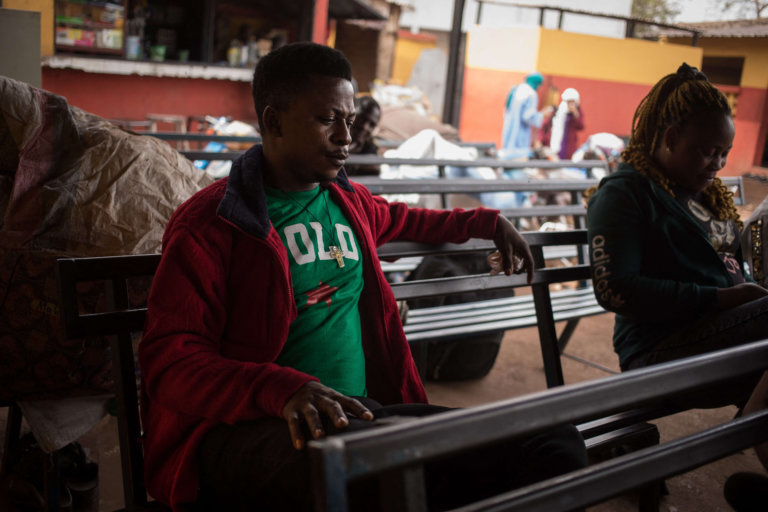
The UK has temporarily suspended its flexi appointment or walk-in service for UK visa applicants in Nigeria — how will this affect Nigerian students looking to apply for their UK student visas?
Citing a statement released on Jan. 10, 2022, The Cable reported that the UK’s decision to suspend the service is for the safety of customers.
“To protect the safety of customers waiting outside of our Visa Application Centres, the Flexi Appointment (walk-in) service has been temporarily suspended. You will not be able to book one of these appointments online or by turning up at the VAC,” the statement was quoted saying.
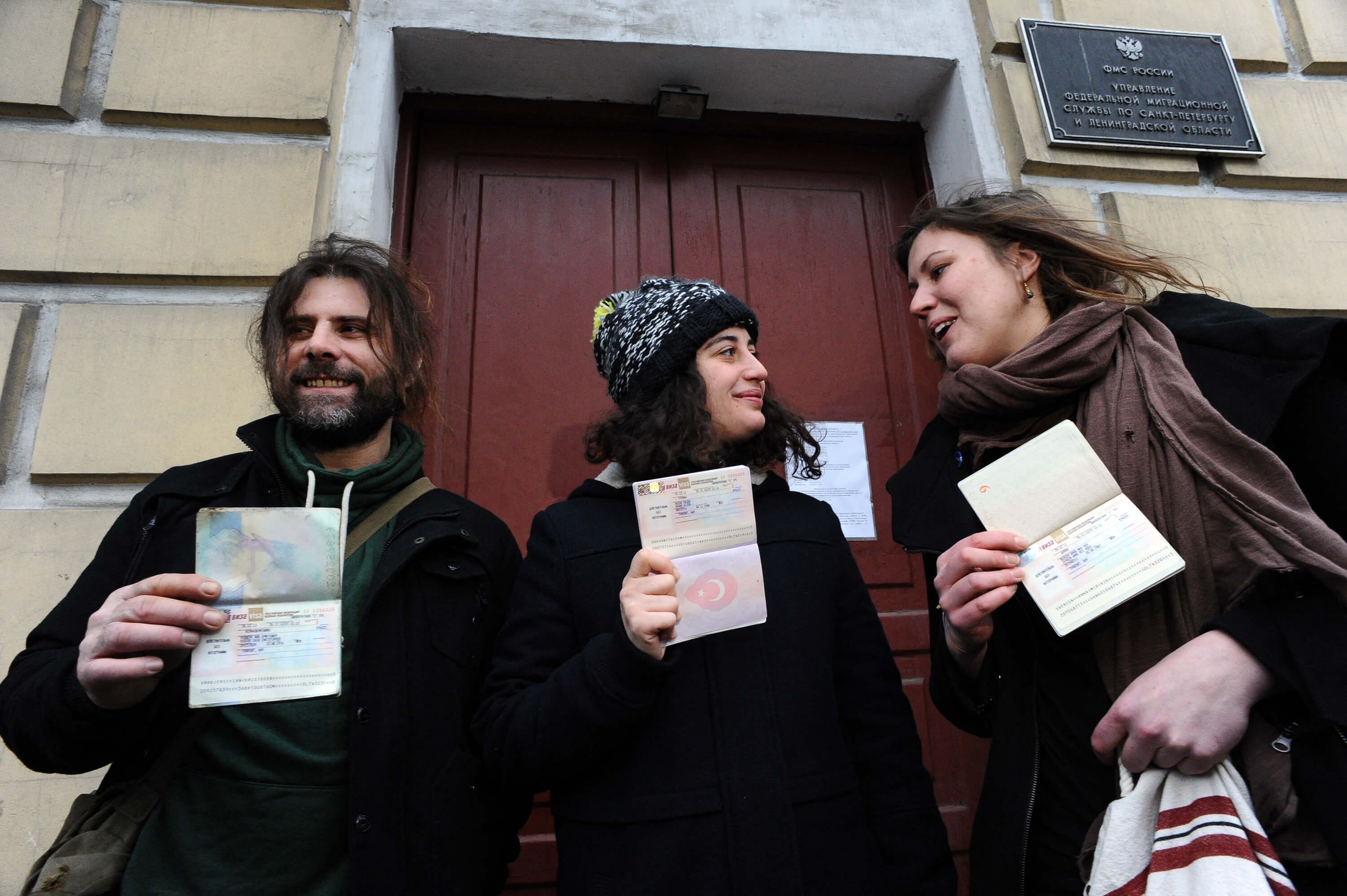
The announcement doesn’t necessarily mean Nigerian students cannot apply for their UK student visas at VACs. Source: Olga Maltseva / AFP
Can visa applicants from Nigeria apply for their UK student visa?
The temporary suspension of the walk-in service does not mean Nigerian students cannot apply for a UK student visa. Applicants in Nigeria can still make an appointment with a VAC in Nigeria. Its website notes that UK visa applicants should arrive 15 minutes before their scheduled appointment time.
“Please make sure you do not arrive much earlier in advance because you may not be admitted to the premises and will have to stay outside in the queue,” it said.
UK Visas and Immigration (UKVI) may consider expediting specific cases for UK visa applicants with special or urgent circumstances like a medical emergency. Nigerian applicants can also contact UKVI — the division of the Home Office responsible for the country’s visa system — for help or clarification.
The Cable also reported that the UK is working on scheduling more appointments to address the large number of UK student visa applications.
“We are aware that large numbers of prospective students are queuing outside of the VAC to try and secure a visa appointment,” the statement said.
“Student applications are being processed within the customer service standard of 15 working days. To help meet this demand, we are working hard with TLS to offer additional VAC appointments.”

Nigerian students are among the top five nationalities who have been granted sponsored study visas for the year ending September 2019, September 2020 and September 2021, said UK government data. Source: Pius Utomi Ekpei / AFP
A surge in approved UK student visas for Nigerian students
In a separate report, UK government data shows that Nigerian nationals saw the largest relative increase in Sponsored Study grants compared with the year ending September 2019, increasing by 28,923 (+368%) to a record high of 36,783, making them the third largest nationality group this year.
“In the year ending September 2021, two nationalities accounted for the majority (63%) of Sponsored study dependants: India (33%) and Nigeria (31%),” added the report.




